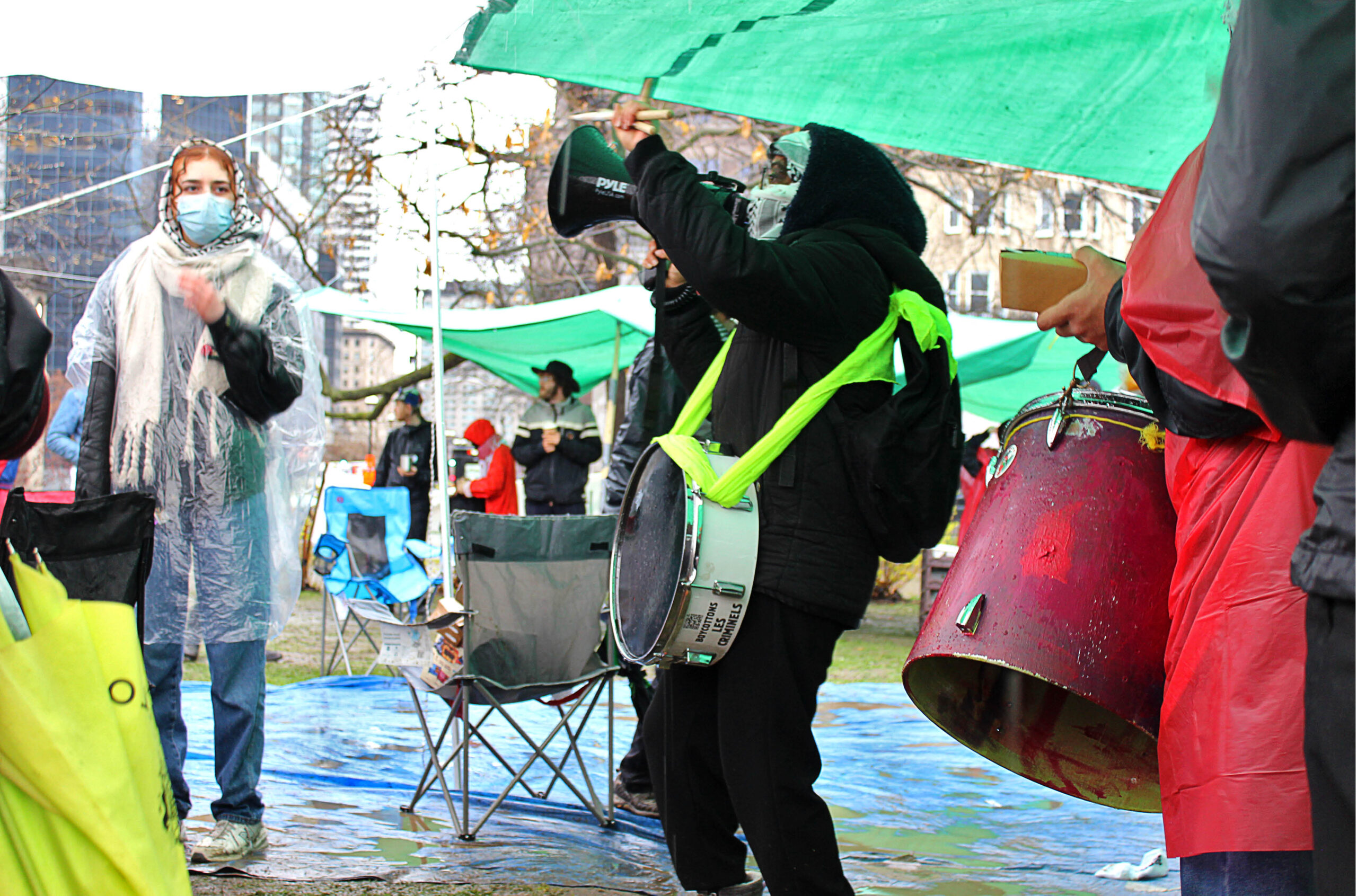The dissertation’s form and content need to evolve
A new taskforce report by the Canadian Association for Graduate Studies says it’s time to rethink the PhD.

What is a PhD for in 2018? Arguably, this is an open question in the academy. The core of the PhD continues to be the development of the ability to do independent, rigorous research, as documented in the dissertation. But, faced with unprecedented change in the academy and the world, academics are struggling with unresolved questions about the broader purposes of the degree.
Universities are increasingly engaged with society, changing the way we think about doing and communicating research; innovation is more routinely seen as an important mandate of the academy and its graduates; the concept of knowledge itself is evolving; and the world’s problems are such that solutions require a diversity of approaches not always practised in the academy. These changes necessitate reconceptualization of the PhD.
Greater awareness of the careers pursued by PhDs also drives this conversation, of course. Only a minority of PhD graduates will become professors. Most will continue to do “scholarly” work, broadly defined, but in ways that won’t necessarily resemble what they did to earn their degree. Their critical thinking abilities will remain important, but adaptability will also be essential, including the ability to connect and transcend different ways of knowing and doing.
The purposes and constraints of their work will change; they will have to communicate with different people for different reasons; many will want to help change the world in addition to understanding it better. They will need to be able to pick up and use practical knowledge in diverse settings, and will need creative mindsets that can use divergent and synthetic thinking to creatively address ill-structured problems with open-ended solutions. Whether oriented to careers inside or outside the academy, they will need a transformative education that challenges and supports them to develop these intellectual, creative and practical intelligences. Extracurricular experience and professional development opportunities can be helpful but are arguably insufficient to equip PhDs with these deeper attributes. Student learning from these elements is also generally neither assessed nor required for the degree.
As the central component of doctoral education, could flexibility in the dissertation’s form and content be encouraged to reflect the changing nature of scholarship of our doctoral graduates? If so, what should its limits and purposes be? How should it be assessed? These are not new questions, and doctoral students are already pushing the boundaries. Knowledge mobilization work and related scholarly products are being embedded in otherwise traditional dissertations, results using research approaches foreign to traditional disciplines are being incorporated, scholarly expression through creative products is not uncommon, and non-traditional forms like websites, graphic novels, collaborative dissertations, and those of Indigenous oral tradition are gaining acceptance.
Assessing and ensuring the quality of these expanded genres and scholarly approaches can be challenging for many in academia for whom these are new. Over the past two years, a task force of the Canadian Association for Graduate Studies (CAGS) has grappled with these changes, and with what roles faculty members, students, graduate programs and graduate schools should play in shaping, guiding and facilitating these changes. The report of the task force has now been released.
The report describes a series of consultations with the graduate education community across the country, which found considerable support for the evolution of the dissertation. Proponents spoke of the potential for intellectual gains, greater impact for scholarship, better preparation for careers within and beyond the academy, an enhanced ability to tackle complex challenges, and better alignment with students’ motivations. Many participants also articulated important concerns and cautions, warning against reduced rigour and depth of scholarship, cautioning that innovation entailed risks for the students engaging in it, noting the potential for reduced faculty productivity, and observing that many faculty members feel unprepared to mentor students pursuing non-traditional pathways.
The consultations confirmed our understanding that change is occurring and should be encouraged. As norms evolve, it will be essential for institutions and programs to articulate standards against which the dissertation should be evaluated in order to protect the rigour and prestige of the degree. Graduate programs and disciplines should determine and articulate the parameters and standards for assessment of dissertations in their field. Graduate schools should ensure that their rules are sufficiently flexible to allow for innovation, develop resources to assist in academic assessment, guard the rigour of the examination, communicate norms to examiners, inform supervisors and students of the possibilities for innovation by profiling innovative dissertations, and encourage innovation through programs that support students to expand their approach to scholarship.
In its report, the task force strongly affirms the growing consensus articulated through numerous projects on the future of the doctoral education: the academy must ensure its focus is student-centered and responsive to the needs of the 21st century. This will involve continuous, and sometimes difficult and perhaps risky, change, involving all those committed to nurturing the next generation of scholars. Continuing experimentation with, and deployment of, these ideas are crucial to the future of the academy and of society.
Susan Porter is dean and vice-provost, graduate and postdoctoral studies, at the University of British Columbia and the president of CAGS. Lisa Young is dean and vice-provost, graduate studies, at the University of Calgary.
Featured Jobs
- Canada Excellence Research Chair in Computational Social Science, AI, and Democracy (Associate or Full Professor)McGill University
- Business – Lecturer or Assistant Professor, 2-year term (Strategic Management) McMaster University
- Veterinary Medicine - Faculty Position (Large Animal Internal Medicine) University of Saskatchewan
- Psychology - Assistant Professor (Speech-Language Pathology)University of Victoria














Post a comment
University Affairs moderates all comments according to the following guidelines. If approved, comments generally appear within one business day. We may republish particularly insightful remarks in our print edition or elsewhere.